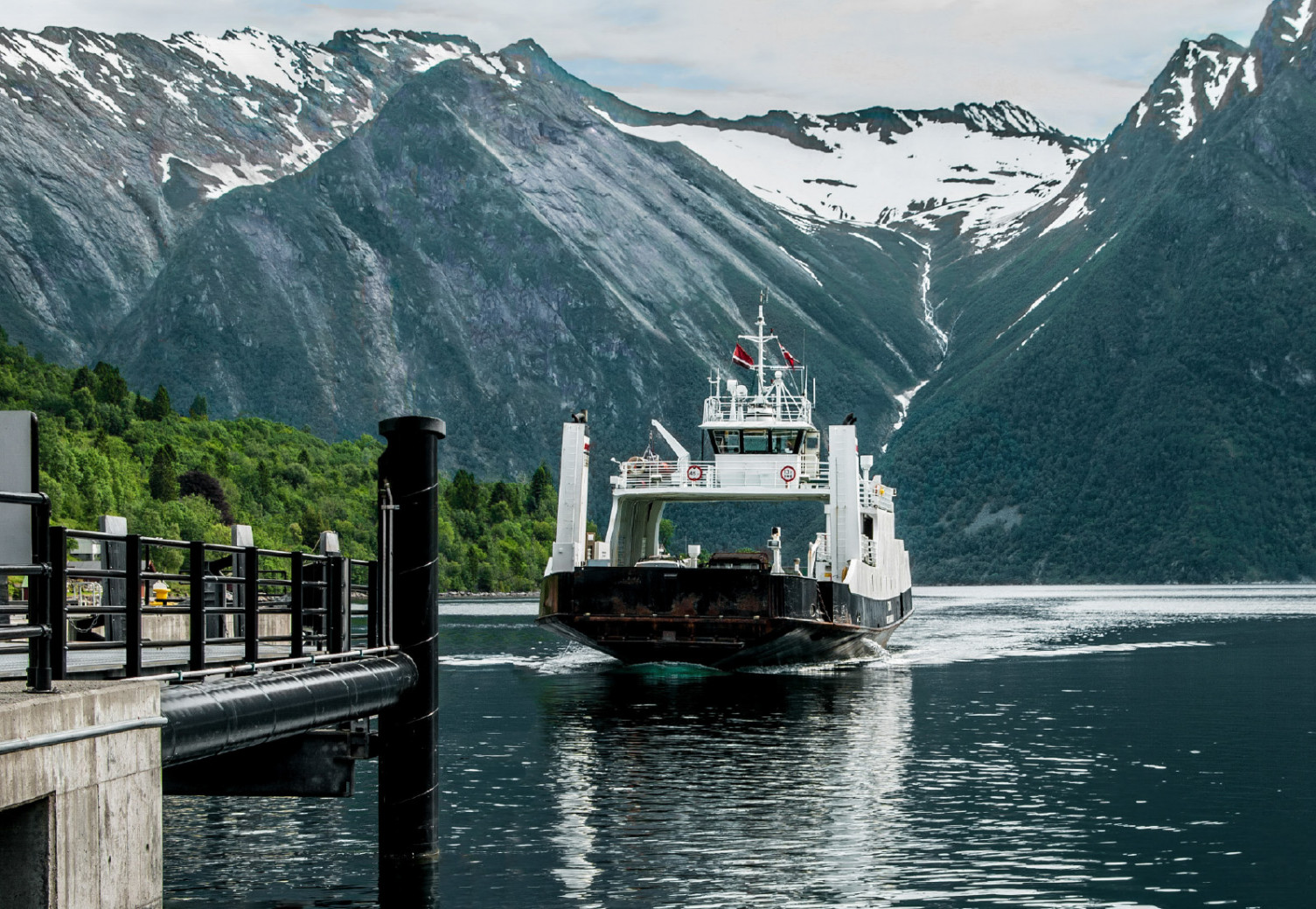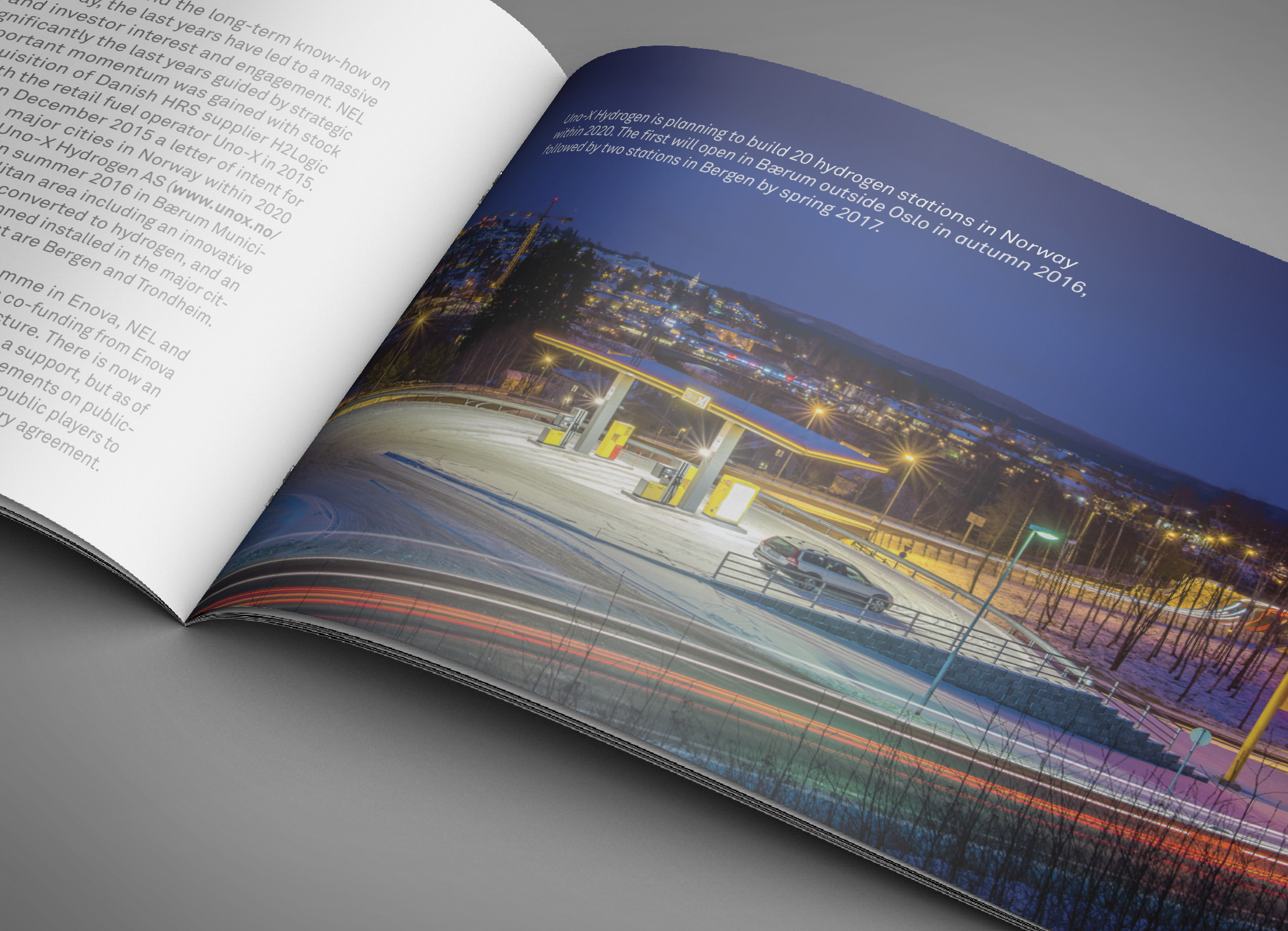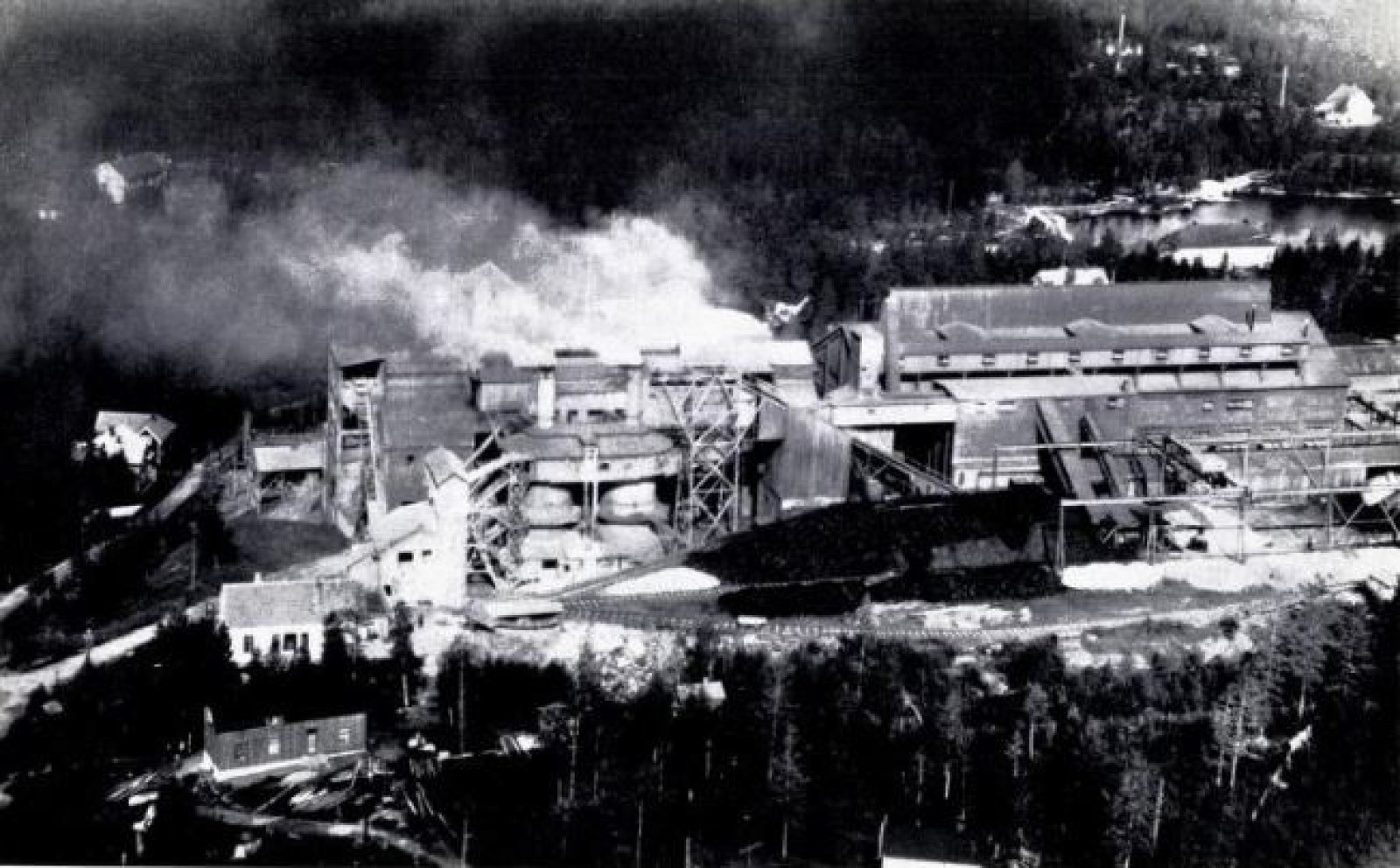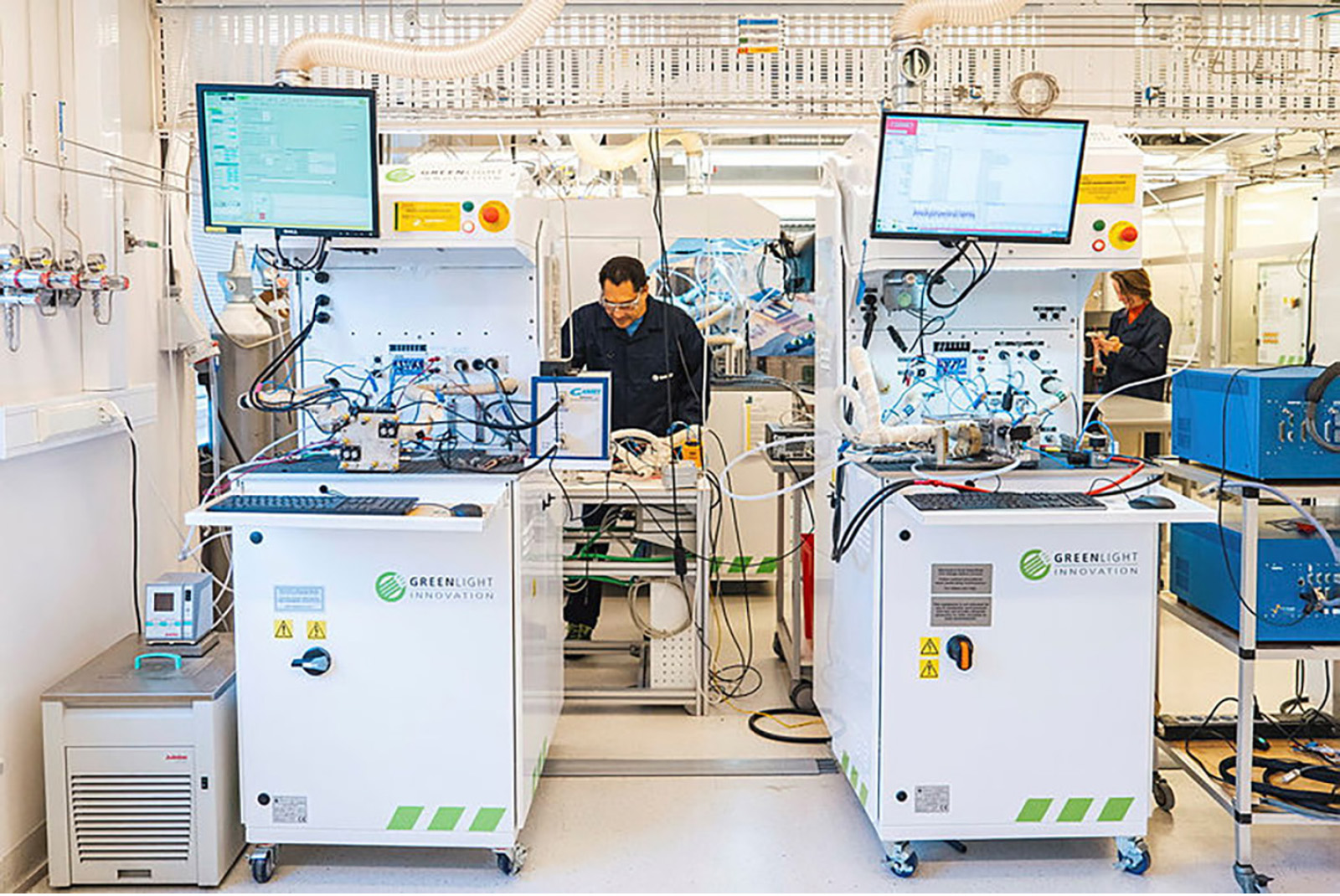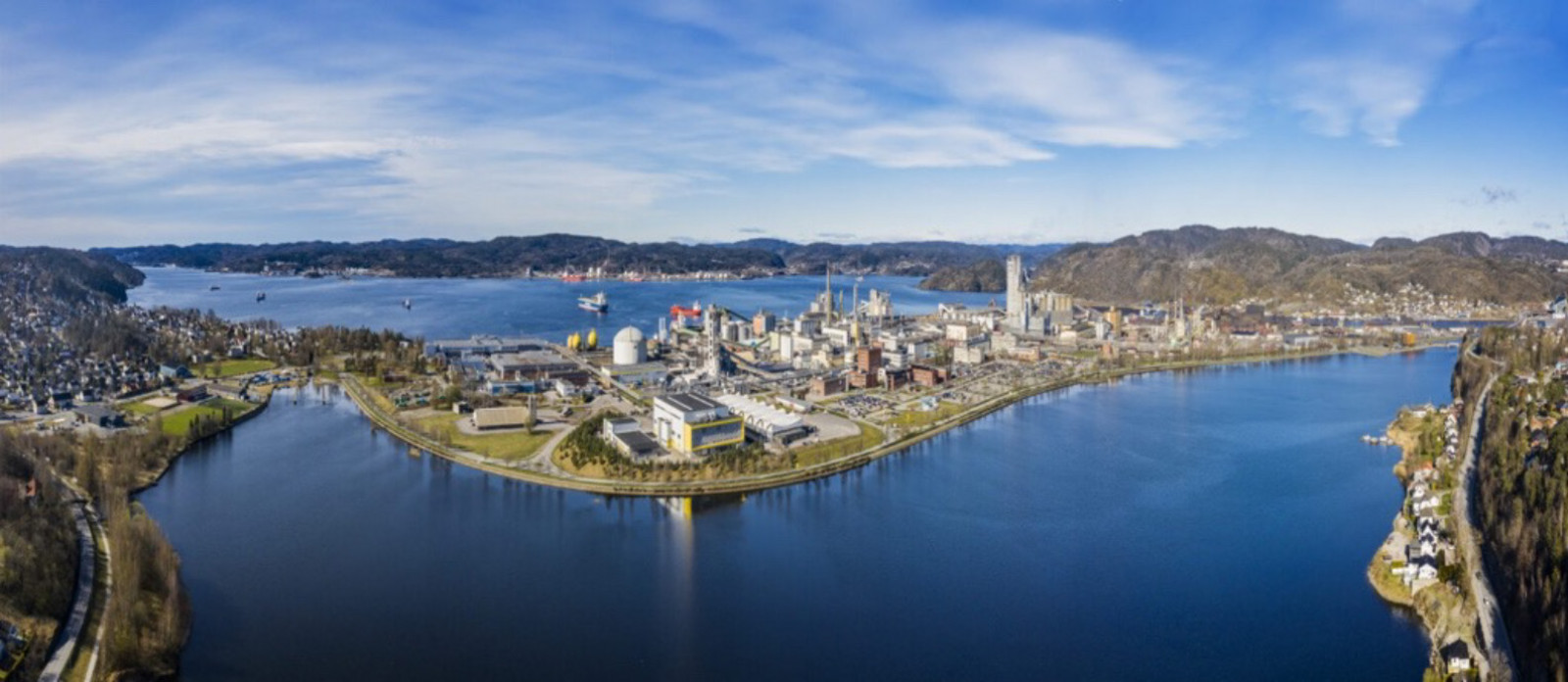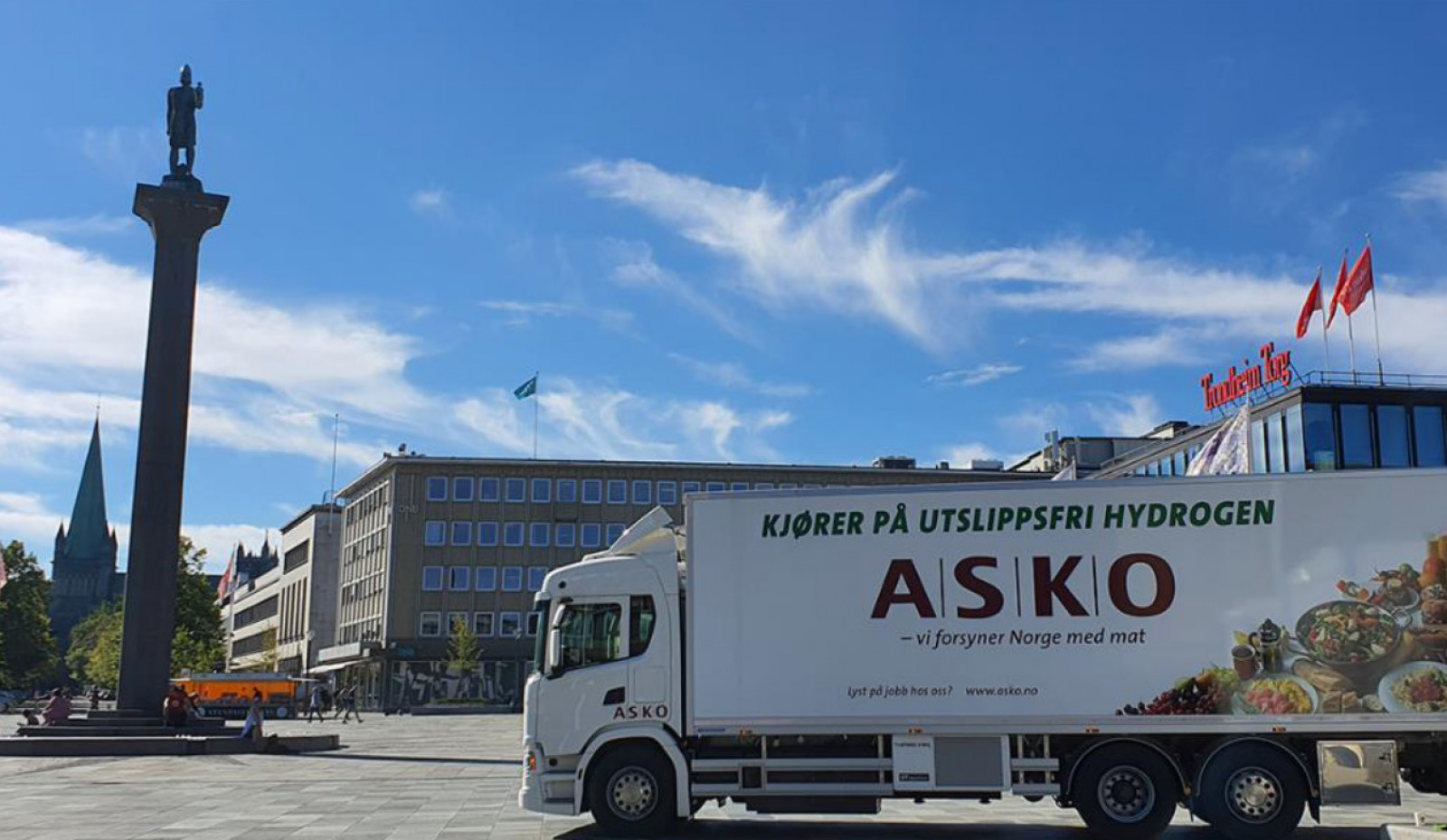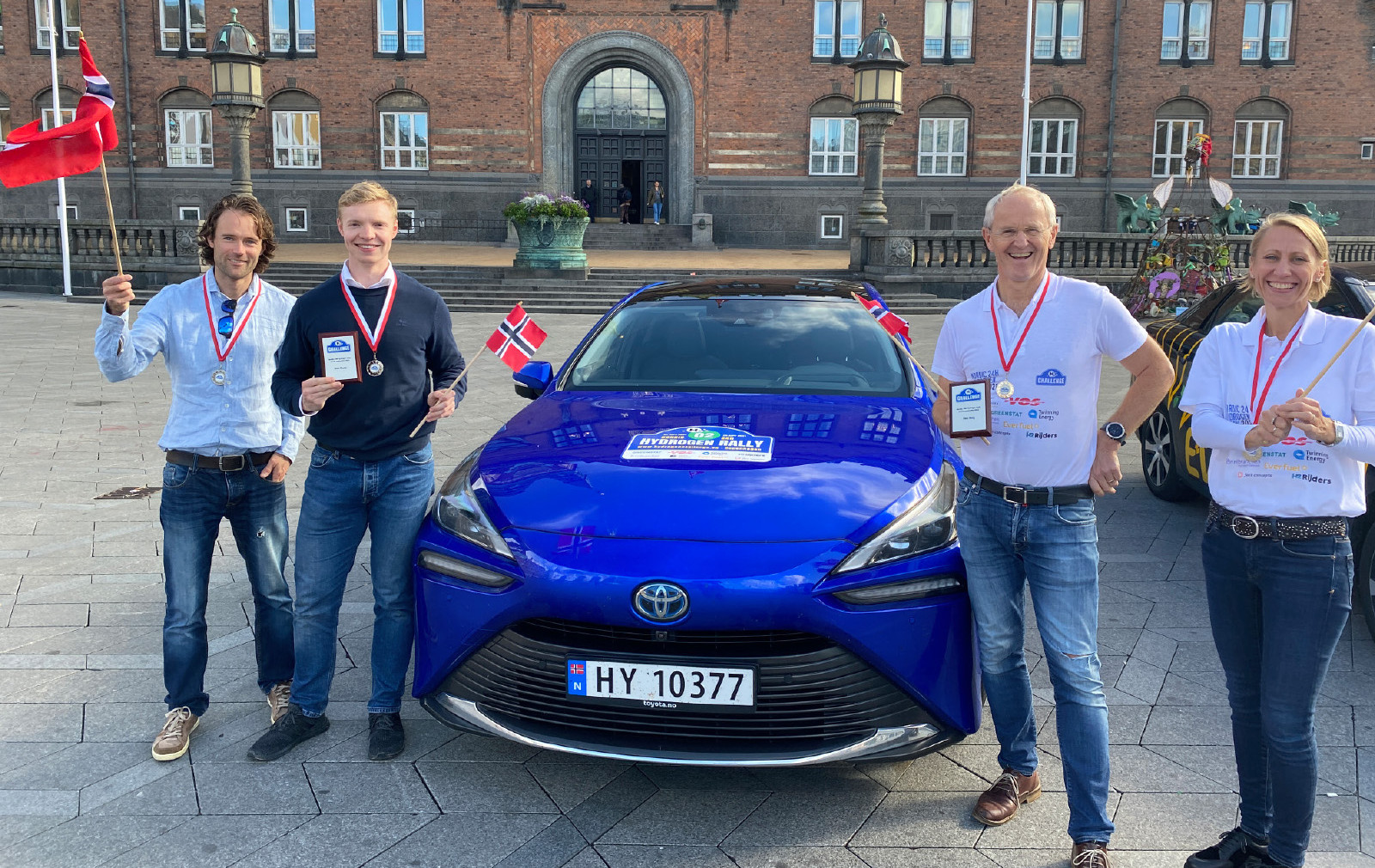Norwegian Hydrogen Forum
The Norwegian Hydrogen Forum (NHF) was founded in 1996 as a non-profit member organisation, which promotes the advantages of hydrogen and ammonia as energy carriers. As of 2025, our more than 100 members span Norwegian producers, distributors, industry, universities, research institutes, companies in the transportation sector, consulting firms and other organisations related to hydrogen.
NHF works actively to disseminate key information in Norway on hydrogen and ammonia research and technology commercialisation, market trends and international policy making. Moreover, NHF organises conferences, seminars and workshops (some in collaboration with our Nordic sister organisations, projects, or other national and international stakeholders). We distribute newsletters and post news on our website and in social media.
NHF is convinced that one of the best ways to serve our members is to contribute to establishing a substantial market for hydrogen technologies both in Norway and internationally. To fulfil this ambition NHF actively promotes our members' interests towards public authorities and decision makers.
NHF has succeeded in getting substantial political attention and support for the introduction of hydrogen technologies at the regional as well as the national level, ensuring strong financial support schemes in the years to come.
The basis on which NHF is founded is the important role of hydrogen in the transformation to a greener future. Norway have been a frontrunner when it comes to renewable energy such as hydropower. Now, we must show the world that we still are a renewable energy nation to reckon with and take a leading role in the hydrogen and ammonia industry.
